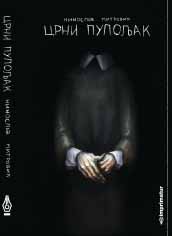

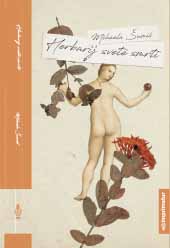
Keywords: short stories; Mihaela Šumić;
Short stories by Mihaela Šumić
More...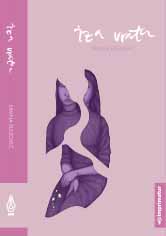
Keywords: poems; Emina Elezović;
Collection of poems by Emina Elezović
More...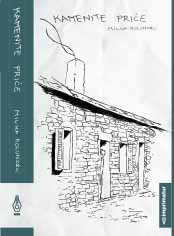
Keywords: short stories; Milka Kolundžić;
Short stories by Milka Kolundžić
More...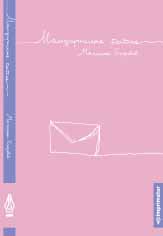
Keywords: short stories; Milanka Blagojević;
Short stories by Milanka Blagojević
More...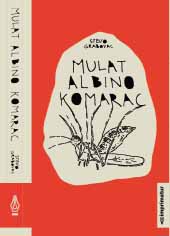
Keywords: novel; Stevo Grabovac;
A novel by Stevo Grabovac
More...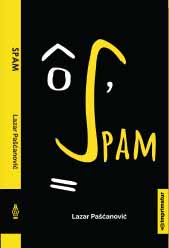
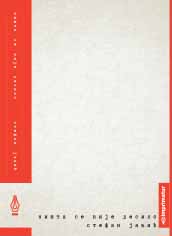
Keywords: novel; Stefan Janjić;
A novel by Stefan Janjić
More...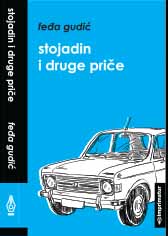
Keywords: short stories; Feđa Gudić;
Short stories by Feđa Gudić
More...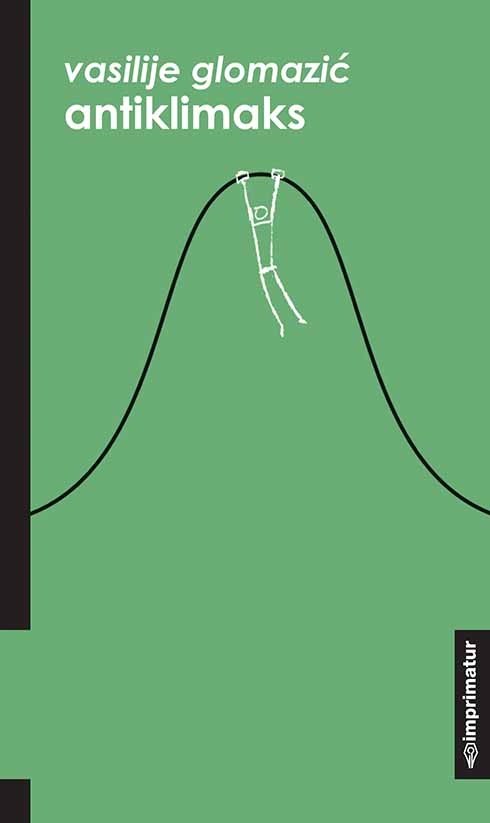
Keywords: Novel; writer; inner drama; thriller; relationships; writing;
The talented Slobodan Karl lives and writes anticlimax. For fifteen years he has been trying desperately to write “the best novel in the world” by which he will cross the self-imposed limit and call himself a writer - a man who lives exclusively from writing. As a guide for weekend trips, he turns interesting ideas into weak endings, and in relation to people - impressive first impressions into disappointments. Slobodan is convinced that in order to turn his talent into success, he needs material security and time, which exist in his life as mutual exclusivity. Uncertain, he finds solace in superficial relationships. When his life is further complicated by the divorce and the condition of his son, Slobodan is ready to do what he can do best - write another average novel that no one needs, least of all. A chance meeting with Dušan Jadrančić, a self-proclaimed risk trader and a man of seemingly vague intentions, will initiate a series of emotional and structural changes in Slobodan that will bring him to the brink of success.
More...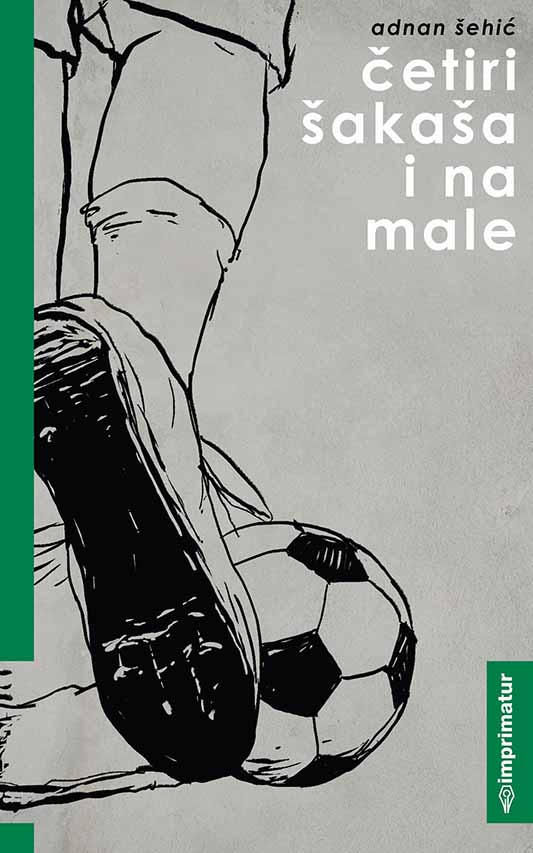
Keywords: Short stories; football; childhood; Bosnia;
In Šehić's book “Football stories”, there is a story of the same name, which, among other things, evokes old childhood memories from the year when the Netherlands won the European Football Championship. It was the year when Marko van Basten sent an unforgettable volley under the Soviet bar and it was the year when the unfortunate Mujo Hadžin ran into a ball that Šehić and his football brothers filled with stones, convinced that one of the boys from rival team will end up being the naïve victim kicking the ball. Within the description of Muja's shot and the break that followed - in those few sentences, it seems to me, the magic of Šehić's football storytelling is condensed, which unobtrusively and charmingly connects the glittering world of “Princes' Park” and the street in Donja mahala, where instead of the usual tripods four "šakaša" were sunbathing.
More...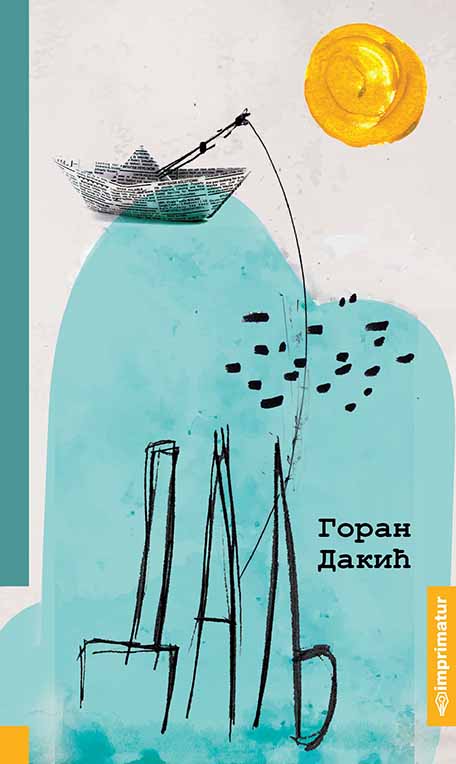
Keywords: Novel; childhood;coming of age; war;
With this book, the author gives back to his (and thus every other) childhood the depth, richness and all the complexity of a life that flourishes, 'in spite of everything'. Yes, in his novel somewhere far away reader can hear sounds of cannonade, alarm sirens, rifle shots, military uniforms are carried and rifles are carried on the shoulders, but that does not stop one childhood from flourishing and living enthusiastically, searching for islands of joy and enjoyment, bending under the onslaught of divine secrets: growing up, friendship, love ... “Blue waters of the murky Danube” is the formula on which this prose works, which pulsates with the power of its vitality, both precision and conciseness of expression, and picturesque scenery and exciting associations.
More...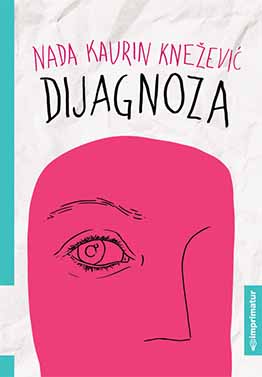
Keywords: Short stories; dialog;relationships; trauma; marriage; abuse;
Minimalist, stylistically refined, these dialogical stories, which carry a strong dramatic charge that revolves around the usual and seemingly banal, with their powerful and everyday language will attract every reader and put in front of us a mirror that sometimes mocks us, sometimes comforts us, but most of all it shows us the different modes of modern living. Stories populated by undercover homosexuals who don't have the strength to get out of the closet, people who hide their failures, Instagram addicts and primitive traditionalists, adulterers and failed romantics, open in different faces - me, you, us - and so their grammar suggests who and to whom they speak.
More...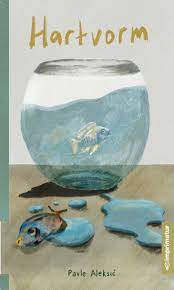
Keywords: Short stories; relationships; America; inner drama;
Pavle Aleksić's stories are short, polished and full of quiet sadness. It is as if time has stopped in them, and the characters have remained to cope in this alienated world without a future. They talk about unsuccessful attempts for man to find his place under the sun, about the inability of two beings to achieve communication, about the inability to stay and an even greater inability to return. The sadness of thousands and thousands of kilometers traveled was distilled in them, after which no goal was reached. They bring us an America where there is no place for anyone's dream. But, despite all that, they provide a kind of comfort and warmth, the knowledge that we are not alone, the realization that we are alive in a world that continues to pulsate and lasts in spite of everything.
More...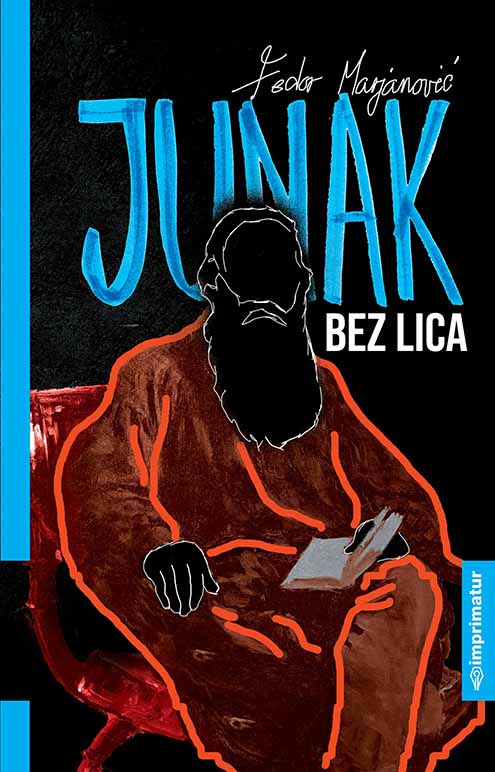
Keywords: Short stories; borgesian; dreams;fiction;
Fedor Marjanović, with his suggestive title “Hero without a face”, points us to the question of who and what kind of hero could be a person without a face and whether the title of the book is a tempting trap or completely different heroes are hiding behind it. And what is it that holds together Marjanović's hero and his story in this unusual and brave first book? For starters, this could be part of the answer - strangeness, otherness, a strange eclecticism that unites the incompatible and draws us into a world that walks the edges of the grotesque, the boundaries of the imaginary and the real, alternating in unexpected twists and turns. What Marjanović's stories, in some places through the gentle influence of fiction, and in others through the introduction of the harsh and brutal reality of the partocratic world, want to answer is - what is wrong with the world we live in.
More...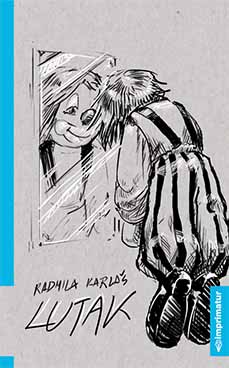
Keywords: Short stories; fiction; fantasy; inner drama;
It is difficult to describe the way Radmila Karlaš writes, because it really is not something that is encountered every day. Her stories take place in an undefined time that may be ours, but it may also be fifty or a hundred years ago, because they are deprived of everything that could be burdensome in terms of a specific timeline, and focused on the essential. There are only people in them, their mutual relations and the forces that affect them, and which do not have to be from this world. And it's something that sometimes makes you shudder, because those stories are sometimes on the verge of fantasy, but it's not epic, or science fiction, or some fiction from horror literature, but something that strikes at the very core of our collective imagination and doesn't stop until we don’t stop with reading, and sometimes after. Radmila's language is extremely polished, her descriptions are clear and we can easily imagine everything she writes about in front of our eyes. And because of that, everything we read leaves an even stronger impression on us.
More...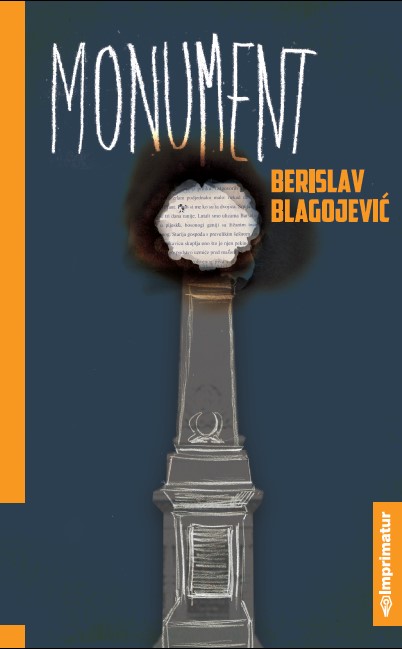
Keywords: Short stories; books; library; fatherhood; reading; postmodern writing;
In the book “Monument”, Berislav Blagojević writes twenty-one short stories in which he expresses a wide range of interests in various aspects of reality, which are considered and shaped into a literary text. Thus, starting from the existence of Don Quixote (and all serious writers, in a way, necessarily refer to Cervantes' novel), the writer creates and introduces us to an imaginary space in which the present constantly confronts the past, where in an undisguised critical tone, and with an ironic manner, points to the anomalies of human existence at the beginning of the third millennium; then there is the postmodernist play with the book, the library, reading and the very act of creation; further, removing layers of historical dust from documents and turning them into fiction; emotional evocation of the past, etc.
More...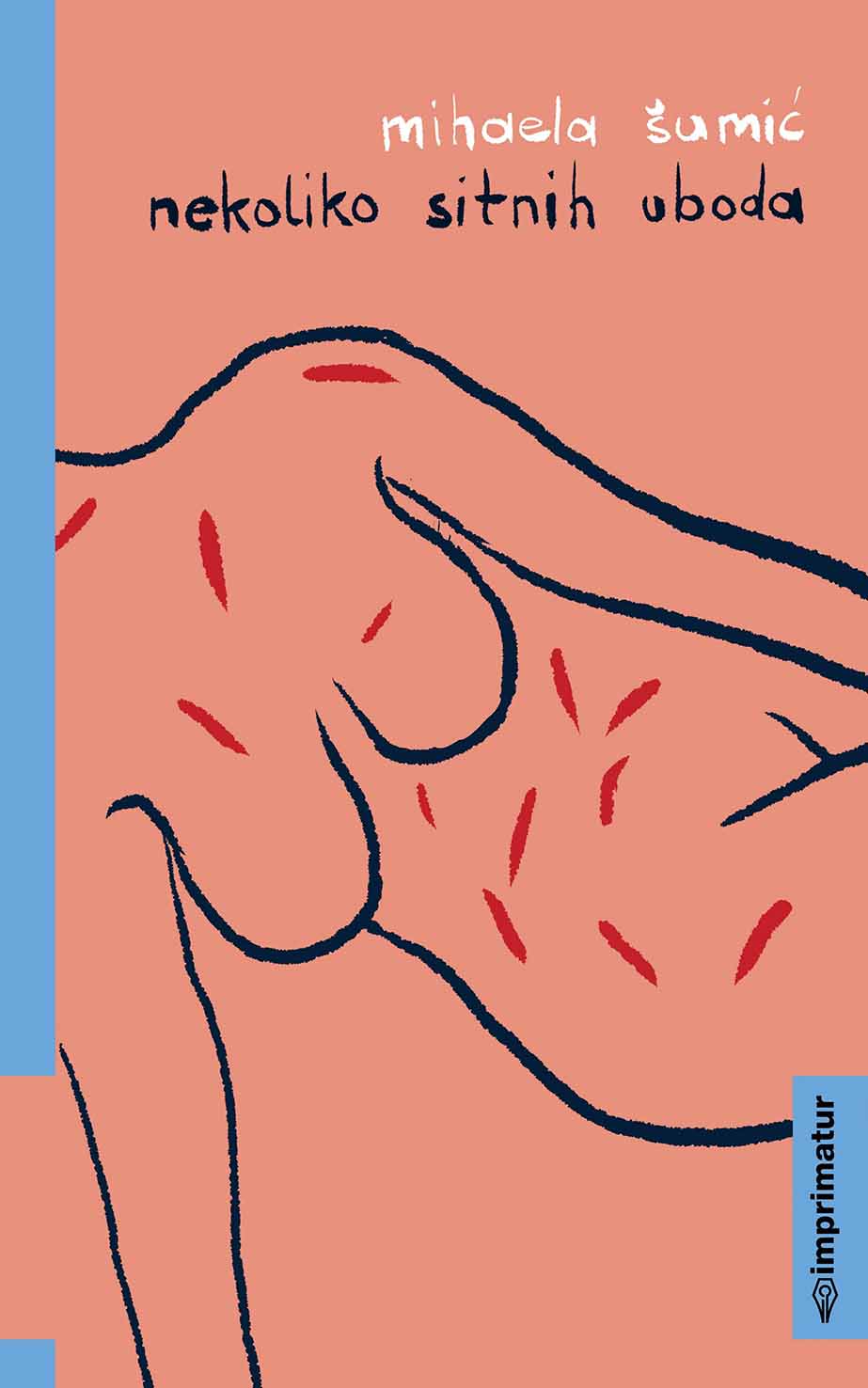
Keywords: Poetry; Mexican culture; Frida Kahlo; violence; art; feminism;
This is poetry that does not run away from confessional, but the author does not intend to present her childhood struggle to the readers and burden us with personal experiences. Her obsession is more with the world she sees, the one around her, closer and further, foreboding in the past and the one that is just becoming through forebodings - one at the same time a magical and cruelly naked world, all built in opposites. In tenderness and rudeness. This is where the strength, dynamism and beauty of her poetry begins. And in the ability to easily describe things in many ways and from completely different and often opposing perspectives. Her range of interests, which find their place in poetry, is very wide - from philosophy, through classical art, feminist icons, geography, tourist maps of cities, to pop culture. Here, in the same place, you will meet Aztec and Mayan gods, heroes and heroines of Mexican series, paintings from the Sistine Chapel, women from Caravaggio's paintings, heroes from anime, Roman goddesses and many close, everyday deities that the author revives before us, which she finds on the streets of distant cities or on a bus while driving to work.
More...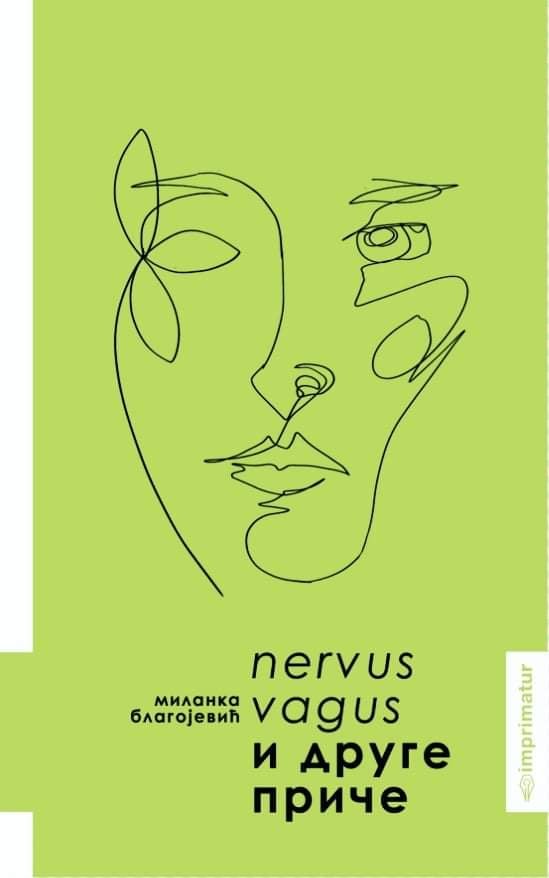
Keywords: Short stories; womanhood; relationships; gender roles;inner drama;
The book consists of three cycles, “Express pot”, “Nervus vagus” and “Letters”. Every story, especially those in the cycle “Express pot”, suggest unresolved emotional tensions / relationships / situations that culminate in the kitchen and with food. Blagojević places these primordial, traditional spaces of women's business in and around the kitchen on a new level and transforms them into spaces of culmination or resolution of the inner dramas of her heroines. The stories told in this way reveal a new dimension of sauerkraut, polenta or meat hammers because they cease to be food or tools in the kitchen and become a symbol of rebellion, disapproval, social disintegration, social status. Overall, “Nervus Vagus and Other Stories” is a collection of likable and readable stories that will easily win over readers with a strong emotional charge, interesting influences in everyday life and a constant walk between the tragic and the comic and make them look at seemingly ordinary things from a different perspective.
More...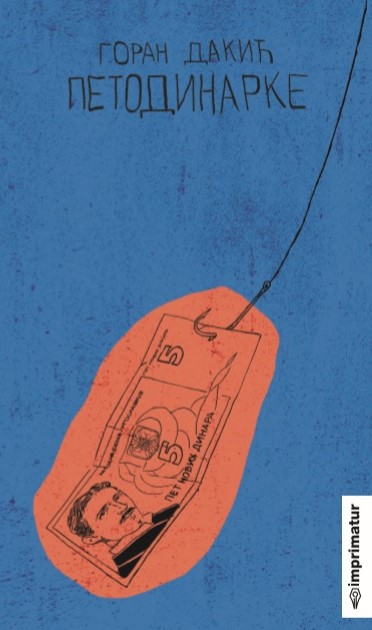
Keywords: Memoir; war; auto-fiction; refugee literature;
This book deserves attention and positive criticism, primarily because it is a strongly engaged anti-war reminder of the refugee suffering, the forgotten column of the poor, the trouble from which God seems to have given up. Without any embellishment and idealization, often characteristic of children's literature, even naturalistic refinement you would say, Dakić records and literary shapes his memories. The book “Fiver” is characterized by narrative polyphony and skillfully organized auto-referential text. In it, different destinies, stories and confessions touch and intertwine. They literally flow from several branches, as towards the Danube, and merge towards Željko Nišević and his life story, his discreet heroism. They flow like individual refugee destinies that merged into an indelible column of the main road of recent history.
More...